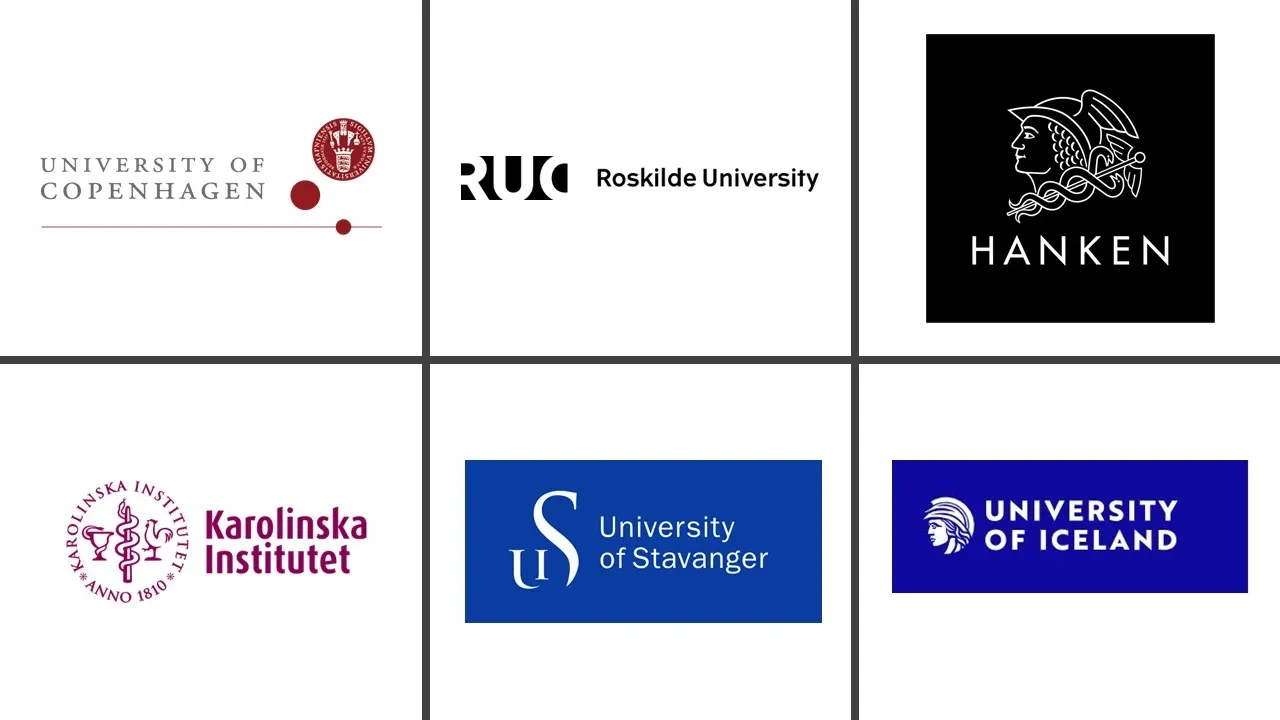Nordic Health Crises University Network (HealthCrisNet)
We believe that universities possess strong expertise and knowledge that are often underutilised in health crises. Through increased collaboration and problem solving across disciplines in the academic world, and together with other societal actors, this expertise and knowledge could help support decision-making and catalyse policy and behavioural change, leaving the Nordic societies better prepared for future health crises.
The network was founded in early 2025, thanks to funding from Nordforsk.
The network takes an all-hazards approach to health crises and maintains a Nordic perspective in our work. We focus particularly on two thematic areas: pandemic preparedness and response, and extreme weather events and climate change.
Objectives of the network:
- Develop long-term health crises cooperation between universities in the Nordic countries
- Assist universities in formulating actionable, evidence-informed policies and practice in health crises and encourage increased dialogue with policy actors
- Establish universities’ role in future health crises with focus on Nordic preparedness and response
- Catalyse transdisciplinary research collaboration on health preparedness and health systems resilience
Project partners:
The network consists of project partners from all the Nordic nation-states and through each partner it has access to a wide range of contacts and opportunities for collaboration with other Nordic universities and policy practitioners.
- The Centre for Health Crises, Karolinska Institutet (KI), Sweden - mobilises and coordinates interdisciplinary expertise and know-how in health crises. The Centre coordinates the Nordic Health Crises University Network. Caroline de Groot, Johan von Schreeb, Anna Zorzet, Petter Ljungman and Maja Fjaestad represents the Centre in the network's activities.
- Hanken School of Economics, Finland - The Humanitarian Logistics and Supply Chain Research Institute (HUMLOG Institute) was established in 2008 and hosts researchers worldwide in the area of humanitarian logistics. Gyöngyi Kovács and Wojciech Piotrowicz represent the HUMLOG Institute in the network.
- University of Copenhagen (UCPH), Denmark - the Copenhagen Centre for Disaster Research (COPE) is a platform for inter-disciplinary research, teaching and networking on disasters and climate change issues. COPE is represented in the network by its director, Emmanuel Raju.
- Roskilde University, Danmark - the Department of Social Sciences and Business has several associated trans-disciplinary research groups on crisis management and societal pressures. It is represented in the network by Olivier Rubin.
- University of Stavanger, Norway - The research group Risk Management and Societal Safety's expertise lies in both national and trans-boundary resilience, preparedness and response to crises. It is represented in the network by Claudia Morsut.
- University of Iceland, Iceland - The Centre of Public Health Sciences (CPHS) has conducted large population based studies assessing the impact of adverse life experiences, including the COVID-19 pandemic on mental and physical health. Edda Bjork Þórðardóttir and Thor Aspelund represent CPHS in the network.


